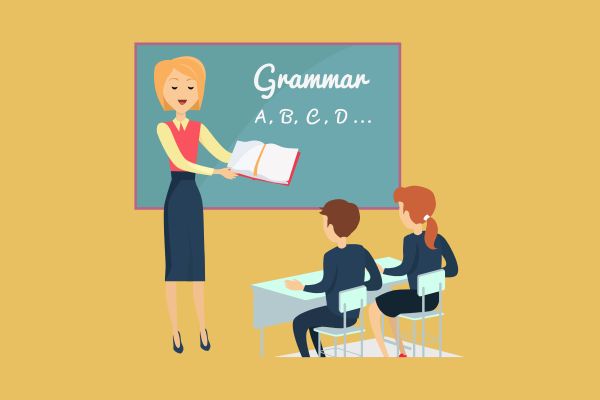Transforming sentences is a fundamental aspect of grammar that allows writers to express ideas in different ways. By understanding the rules of transformation, writers can enhance sentence variety and create a more engaging and effective piece of writing. Here are the rules for transforming sentences from simple to complex and compound forms:
Simple to Complex Sentence Transformation
a. Addition of Subordinate Clauses: To transform a simple sentence into a complex one, add a subordinate clause. Use conjunctions like “although,” “because,” “while,” “since,” “if,” “when,” etc., to introduce the subordinate clause.
Example:
Simple: She likes to read books.
Complex: Although she likes to read books, she seldom finds the time.
b. Conversion to Infinitive Phrase: Replace the subject or object of the simple sentence with an infinitive phrase to create a complex sentence.
Example:
Simple: He goes to the gym.
Complex: To stay fit, he goes to the gym.
c. Transformation with Participle Phrase: Replace the main subject or object with a participle phrase.
Example:
Simple: The sun sets.
Complex: The sun, setting in the west, creates a beautiful view.
Simple to Compound Sentence Transformation
a. Using Coordinating Conjunctions: Combine two simple sentences into a compound sentence by using coordinating conjunctions like “and,” “but,” “or,” “nor,” “for,” “so,” “yet.”
Example:
Simple 1: She loves dancing.
Simple 2: She also enjoys singing.
Compound: She loves dancing and she also enjoys singing.
b. Using Semicolons: Use a semicolon to join two closely related independent clauses.
Example:
Simple 1: He works hard.
Simple 2: He deserves the promotion.
Compound: He works hard; he deserves the promotion.
c. Joining with Conjunctive Adverbs: Connect two simple sentences with a conjunctive adverb (e.g., “however,” “therefore,” “moreover,” “consequently”) and a semicolon or a comma.
Example:
Simple 1: The weather was terrible.
Simple 2: They decided to stay indoors.
Compound: The weather was terrible; therefore, they decided to stay indoors.
Complex to Simple Sentence Transformation
a. Removing Subordinate Clauses: Simplify a complex sentence by removing the subordinate clause and retaining the main clause.
Example:
Complex: Although she studied hard, she failed the exam.
Simple: She failed the exam.
b. Converting Infinitive/Participle Phrases: Convert the infinitive or participle phrase back to a single verb or noun.
Example:
Complex: To reach the summit, they climbed for hours.
Simple: They climbed for hours.
Compound to Simple Sentence Transformation:
a. Separating into Individual Sentences: Break down the compound sentence into two or more simple sentences.
Example:
Compound: He painted the fence and she mowed the lawn.
Simple 1: He painted the fence.
Simple 2: She mowed the lawn.
Remember that the transformation of sentences requires careful consideration of context and meaning. Practicing these rules will improve your writing skills and allow you to express ideas in various sentence structures effectively.
Below is a table summarising the rules of transformation of sentences from simple to complex and compound and vice versa:
| Transformation Type | Simple to Complex | Simple to Compound | Complex to Simple | Compound to Simple |
| Transformation Method | – Addition of Subordinate Clauses | – Using Coordinating Conjunctions | – Removing Subordinate Clauses | – Separating into Individual Sentences |
| – Conversion to Infinitive Phrase | – Using Semicolons | – Converting Infinitive/Participle Phrases | ||
| – Transformation with Participle Phrase | – Joining with Conjunctive Adverbs | |||
| Example | She likes to read books. | She loves dancing. | Although she studied hard, she failed the exam. | He painted the fence and she mowed the lawn. |
| Complex/Compound Transformation | Although she likes to read books, she seldom finds the time. | She loves dancing and she also enjoys singing. | She failed the exam. | He painted the fence. |
| To stay fit, he goes to the gym. | He works hard; he deserves the promotion. | She mowed the lawn. | ||
| The sun, setting in the west, creates a beautiful view. | The weather was terrible; therefore, they decided to stay indoors. |
Calling all law aspirants!
Are you exhausted from constantly searching for study materials and question banks? Worry not!
With over 15,000 students already engaged, you definitely don't want to be left out.
Become a member of the most vibrant law aspirants community out there!
It’s FREE! Hurry!
Join our WhatsApp Groups (Click Here) and Telegram Channel (Click Here) today, and receive instant notifications.





